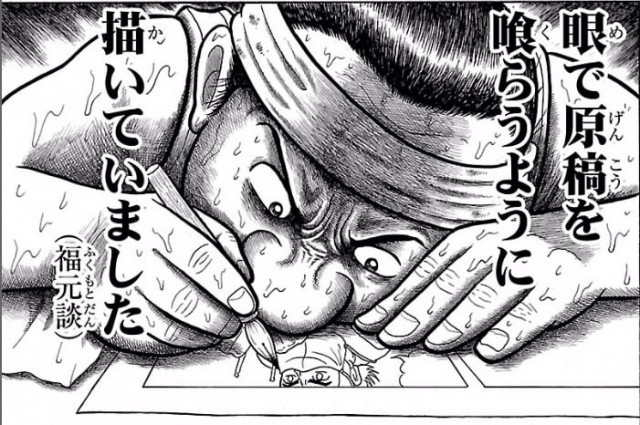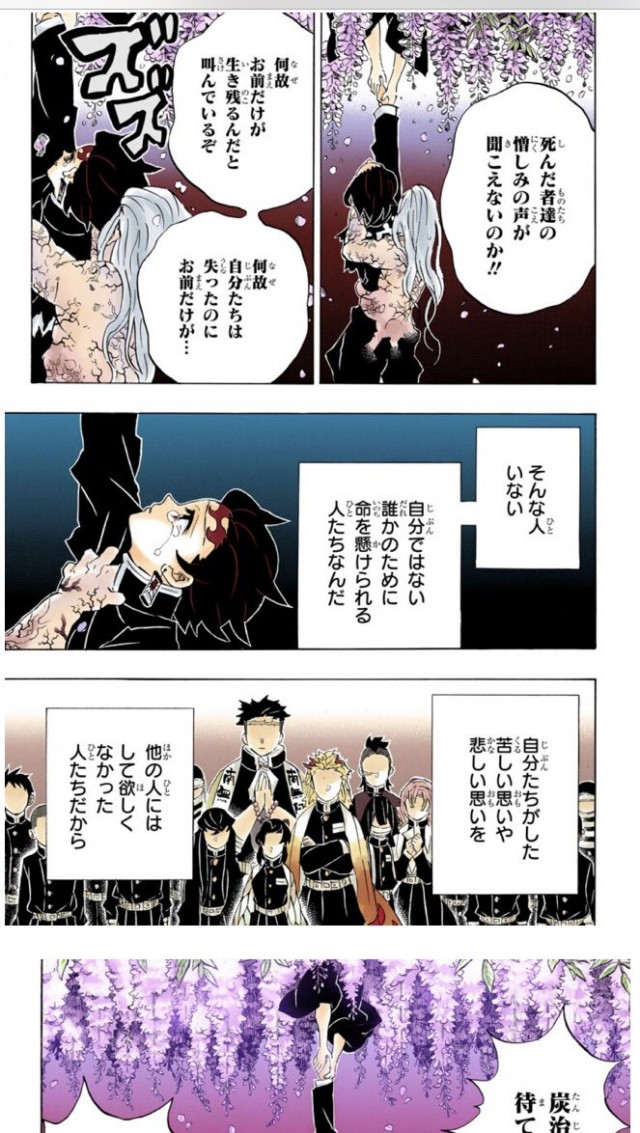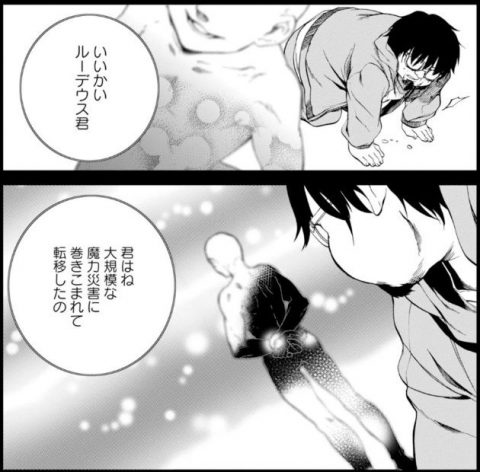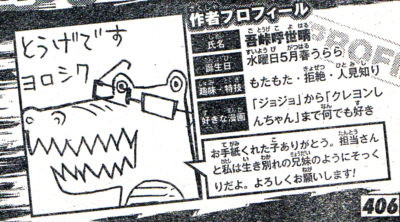Despite being an incredibly popular series, "Demon Slayer: Kimetsu no Yaiba" ended its serialization prematurely, and many people were surprised when the announcement was made. I myself thought this would be a series that would carry the future of Jump, so I was extremely surprised that it ended so quickly. Traditional Jump works, such as "Dragon Ball" and "One Piece," have taken the stance of postponing popular works while nurturing the next generation of works, so it would not have been surprising if Demon Slayer: Kimetsu no Yaiba had a similar fate. However, Demon Slayer: Kimetsu no Yaiba ended early, even though it defied this assumption. This shows the author's strong feelings about this work. So, in this article, I would like to delve deeper into the unique feature of this work, that it ended its serialization early despite being extremely popular. It is actually very rare for a popular Jump work to end, so be sure to pay close attention to this.
Why Do Long-Running Series Come About?

Why do long-running series emerge among Japanese weekly magazine serials? First, let's consider the background behind the creation of long-running series. Of course, long-running series are not inherently bad, but it is true that taking a long-running series that was not originally planned can lead to various drawbacks that become apparent later on. Let's explore these points.
To support other works

The primary reason popular works become long-running serializations is likely to be "to support other works." For manga series published in weekly magazines, having one popular work on the shelves benefits readers by encouraging them to read other serialized works at the same time. Weekly magazines, which publish a variety of manga works, also maintain their magazine's ability to attract readers by keeping popular works running for as long as possible.
Connecting the Dots to Create the Next Popular Work

Popular manga works don't fade easily. On the other hand, new serialized works involve a gamble, as it's unclear whether they will actually be well-received by readers. For this reason, they have no choice but to publish many canceled works and nurture works that can gain popularity among them. Because new serialized works contain such a gamble, popular works that can steadily attract readers tend to become long-running series.
It's surprisingly difficult to create a popular work

The fact that popular manga works like this are serialized for such long periods of time also reflects the difficulty of creating such popular manga works. If all works were instantly popular the moment they were serialized, there would be no need for such popular manga works to be serialized for such long periods of time.
Ending a Long-Running Series is Difficult

The mindset described above in editorial departments makes it difficult for authors to end their manga series as planned. Even veteran manga artists who have created numerous popular works cannot make the decision to end their own hugely popular, long-running series alone. This is because the work now carries the weight of not only its own fans, but also the readership of its other works.
Not in the Original Design

Although long-running series cannot be ended so easily, manga works generally have an initial plan for how the story will unfold and how it will conclude. Naturally, no manga artist intends to make a long-running series from the start. Initially, they often plan a fairly compact storyline. Since such an initial plan can suddenly turn into a long-running series, popular manga artists often struggle to launch new storylines that are not part of their original plan.
Pressure from a Huge Fanbase

Furthermore, as a popular manga has become a work of art, it comes under immense pressure from its huge fanbase. Even the slightest sloppy plot or plot development will likely result in a flood of criticism from its vast fanbase. Compared to other manga works, the attention it receives also means that the backlash from poorly crafted plot developments is even greater.
Considerations for Large Content

Furthermore, it's not just fans who pay attention to these works. Ordinary people who don't usually pay attention to manga will also pay attention to these works. Therefore, popular manga works must be considered as large content. Even the slightest development that doesn't take compliance into account will quickly lead to criticism.
Long-Term Serialization Is Surprisingly Difficult

Furthermore, the task of writing a long-running serialized work places an enormous burden on the manga artist. Even for those who are passionate about manga, the task of drawing manga in the same position for decades is difficult to endure. For example, Togashi, the creator of numerous hit manga works, has publicly stated that years of serialization have taken their toll, leaving him unable to even sit down and draw.
Stale Work

If a series ends in parts, you can take a break in between, but the longer you work on a long-running series, the more you'll be forced to work without a break. The already stale job of a manga artist, plus the hardship of serializing the same work for decades, can be extremely stressful.
Physically and Mentally Demanding

As you can see, long-running serialized works place a great deal of physical and mental strain on the manga artist themselves. While the working conditions of manga artists have improved somewhat in recent years, during the Showa era, when it was said that manga artists had no private life, many popular manga artists died young.
The high level of attention is accelerating the external scrutiny...

Furthermore, the high level of attention on a manga work is likely to cause significant stress for the author, as it also leads to external scrutiny accelerating. Having someone else come up with a setting they had in mind first, or having flaws pointed out in a setting they worked so hard on pointed out by others, even after completing the work, must be quite mentally taxing.
The Importance of Ending a Series at the Best Time for the Author

Even if it's to support other manga works, continuing a long-running manga series places a heavy burden on the artist. The best thing is for the author to be able to end their series at the best possible time, as originally envisioned. And this work, "Demon Slayer: Kimetsu no Yaiba," is one that successfully ended its serialization in the best possible way for a manga, without choosing to continue serializing for a long time.
Creating a work that will be lauded for generations to come

Surprisingly, works that are lauded for generations to come are often canceled or short-running serializations. There are many examples of works that were originally interesting but became complicated after being serialized for a long time, resulting in works that were less appealing in retrospect. If the work's theme and setting are excellent, a shorter story length will actually result in a more complete work.
To create their next work

And above all, if a popular work can be brought to a clean conclusion, the creator can take a long break and use that time as motivation to start their next project. For a manga artist, their current project is merely one part of their career. Naturally, if they have the necessary environment to work on other projects, they can continue to take on new challenges.
Make it easy to communicate the theme of your work

And above all, shorter stories make the theme of a work easier to understand. When considering what message a work is trying to convey to us, the simplicity of the story is extremely important. Manga artists don't create stories without any thought; they create stories with the intention of conveying something to us. That's why it's important to create a work with enough detail to make it easy for viewers to understand what the artist is trying to convey.
The Amazingness of "Demon Slayer: Kimetsu no Yaiba"'s Perfect Conclusion

As you can see, stories should be as simple as possible, and even the most popular manga artists know this. Even knowing this, manga artists face a major dilemma: should they continue a long-running series or bring a popular work to a clean conclusion?
Demon Slayer: Kimetsu no Yaiba's Conclusion Was Truly Perfect

Naturally, even if you try to conclude a popular work beautifully, there's no guarantee that the next work will be a hit. In fact, the chances of it not being a hit are higher. This is why even manga artists themselves find it difficult to end a popular work. However, this work was beautifully written in the most beautiful way possible for the story. This is an extremely rare example, even for a popular Jump manga.
However, a sequel is completely out of the question...

Of course, the "Demon Slayer: Kimetsu no Yaiba" series itself has not been completely explored, and the story has been expanded through the creation of additional anime series. However, since the main storyline has already concluded, it is safe to say that a sequel would not be possible as a way to expand the media content, given that the story of this series is clearly concluded.
Easy-to-understand Theme

As you can see from the ending, this work has a clean ending that leaves absolutely no room for a sequel. While a sequel may be difficult to create, the theme it is trying to convey is easy to grasp. Furthermore, enjoying this work doesn't require a huge amount of time, making it easy to enjoy. This compactness is also an advantage.
Will long-running series become less common in the future? ?

In fact, the trend of ending popular works without long-running serialization is not unique to "Demon Slayer: Kimetsu no Yaiba." Recently, popular works like this one and "Attack on Titan" have also been gradually coming to a clean end.
Weekly magazine serializations are no longer the only option

One reason for this is that the medium for manga is no longer weekly magazines. Traditionally, manga works were enjoyed in magazines like weekly magazines. Weekly magazines have a limited number of manga works they can include. This meant that they had no choice but to create hits from a limited number of serialized works, which inevitably increased the risk of hits and misses, forcing them to rely on long-running series.
The metabolism is becoming faster

However, today, manga works can be delivered to users in a variety of ways, including through distribution via apps. This means that there is no longer a need to narrow down the number of works to be serialized, as was previously the case, and manga works can be delivered to users in a variety of ways. This is why popular works can be discovered more quickly than before, and there is no longer a need to keep popular works running for a long time, right?
The Future Shape of Manga Works

As such, we can say that we are currently in an era of change in the nature of popular manga works. While long-running serializations undoubtedly have their own unique appeal, it is also true that unreasonably long serializations place a heavy burden on manga artists. The best environment would be one in which authors can continue serializations if they wish, and easily end them if they don't. Being able to achieve the ideal ending for a manga artist is beneficial for readers, who expect a high level of perfection in their work. It would be great to see the diversification of manga serialization formats in the future lead to an increase in popular works that can conclude their stories in a perfect way, like this work, "Demon Slayer: Kimetsu no Yaiba."
Summary
What did you think? This time, we've delved deeper into the early end of the Demon Slayer: Kimetsu no Yaiba series. For fans who were saddened by its early end, we hope this article will help you see the series' early conclusion from a different perspective. The fact that it ended at the perfect time also solidifies the series' level of completion as a manga, so we hope you'll try to see the end of the series in a positive light.




